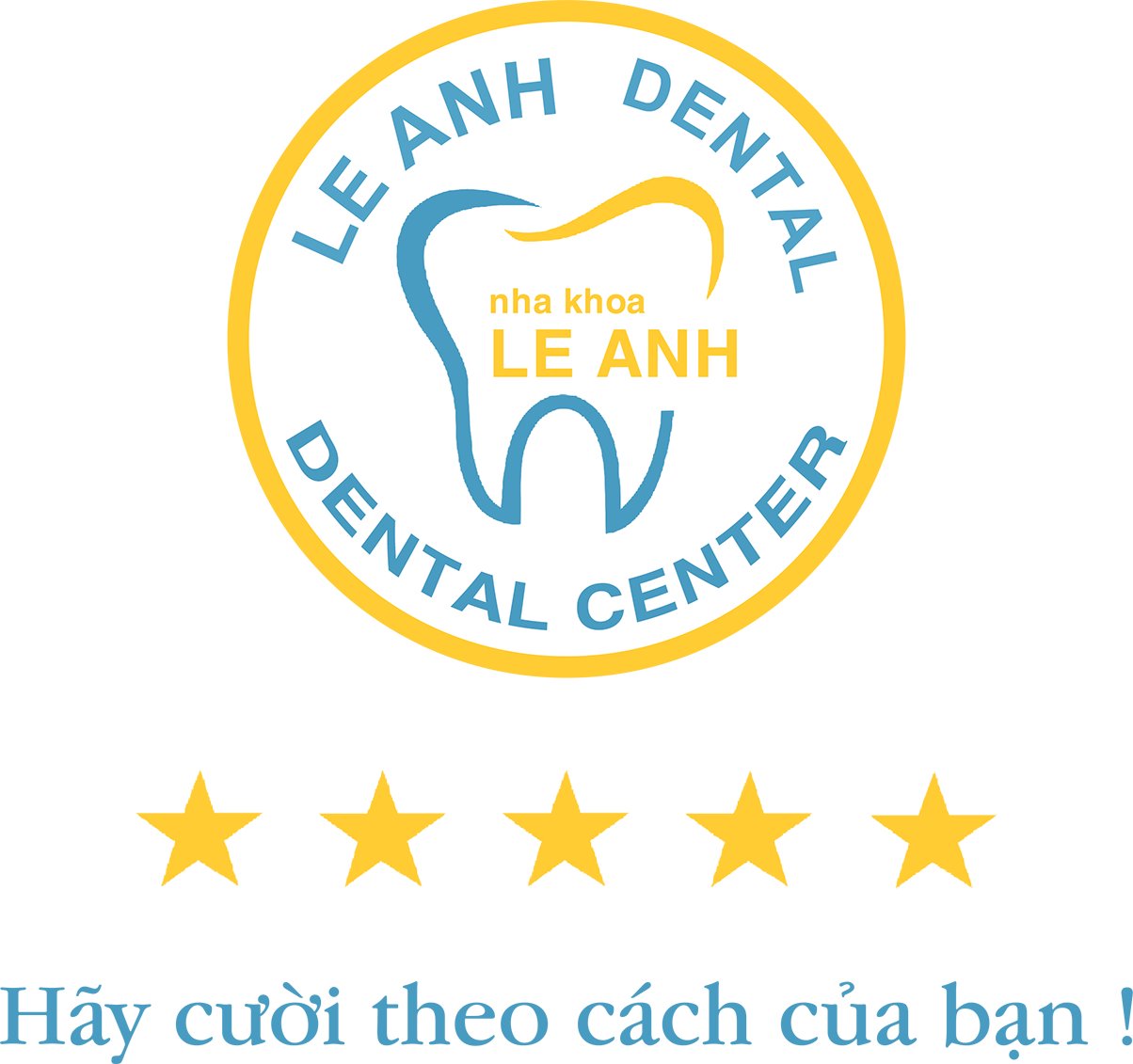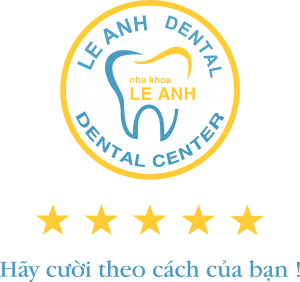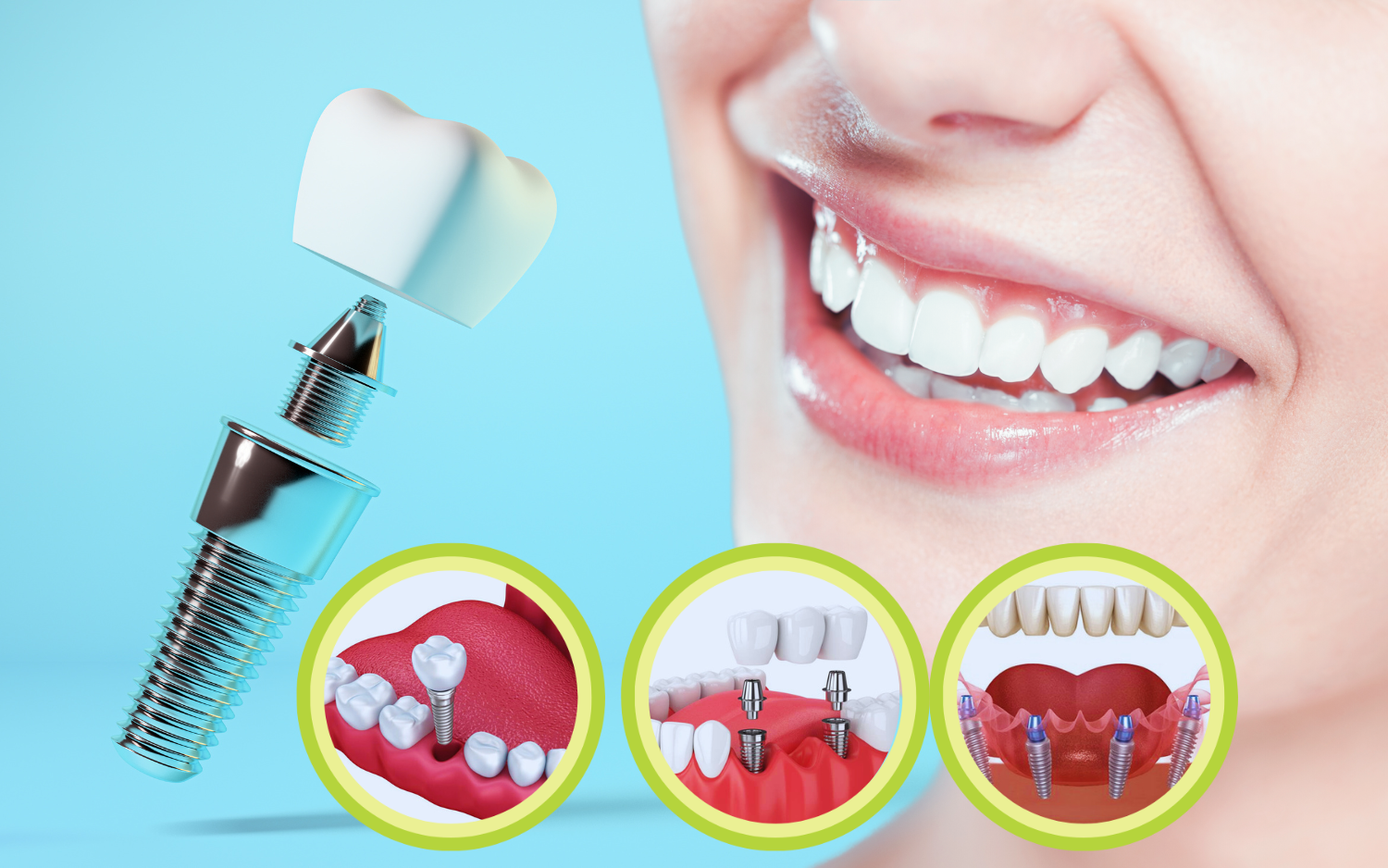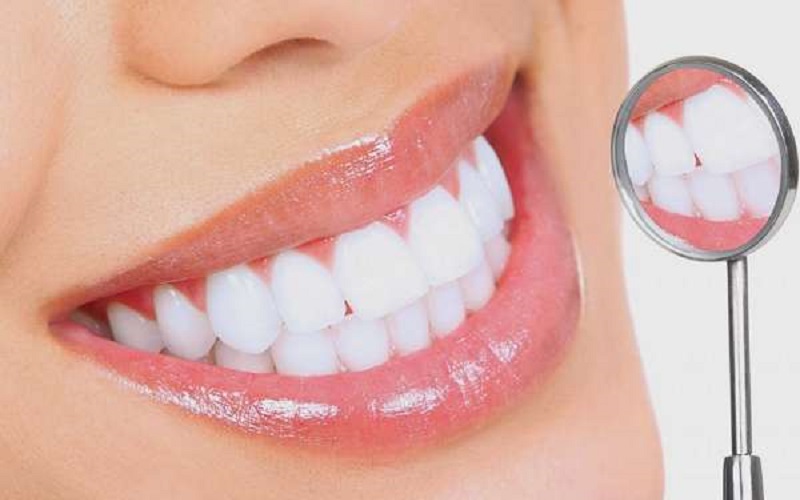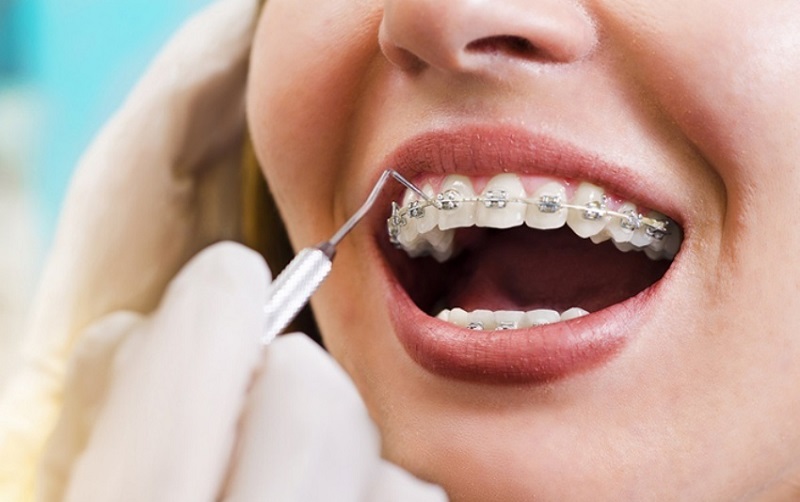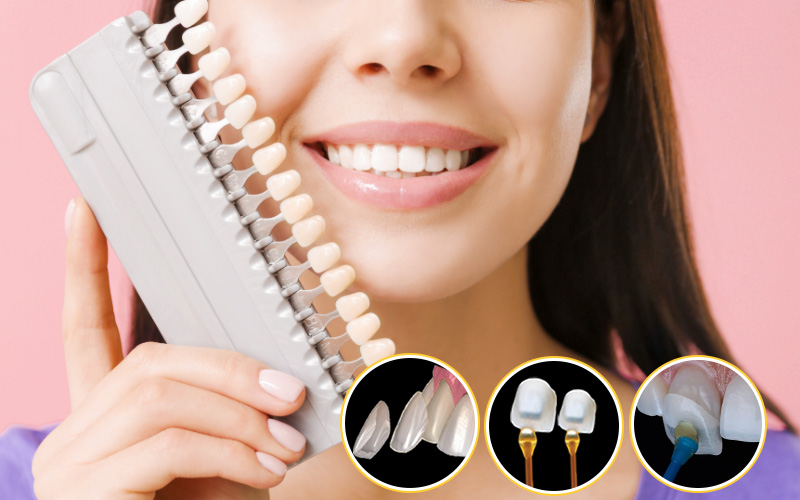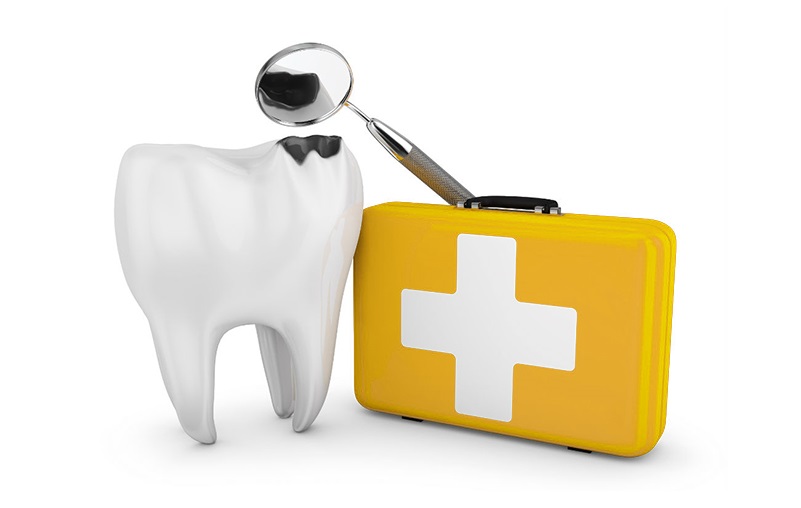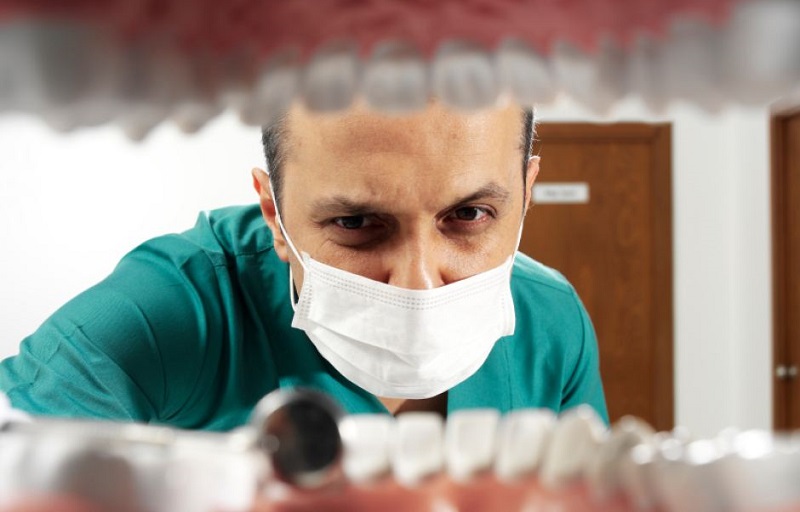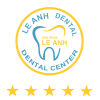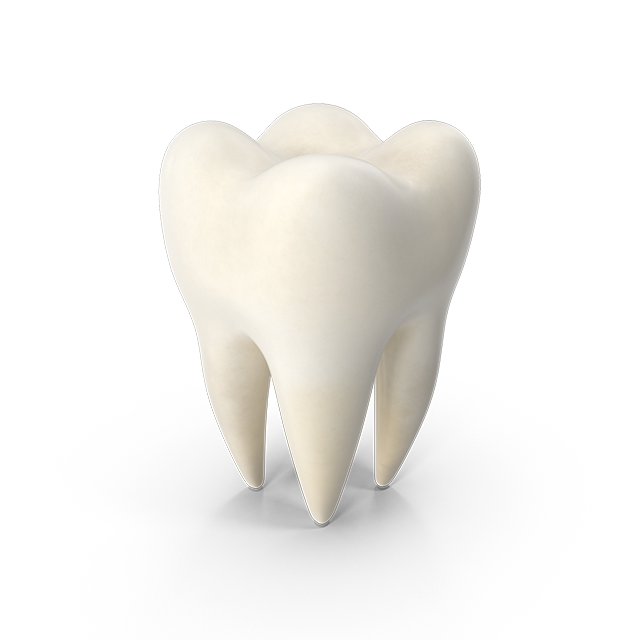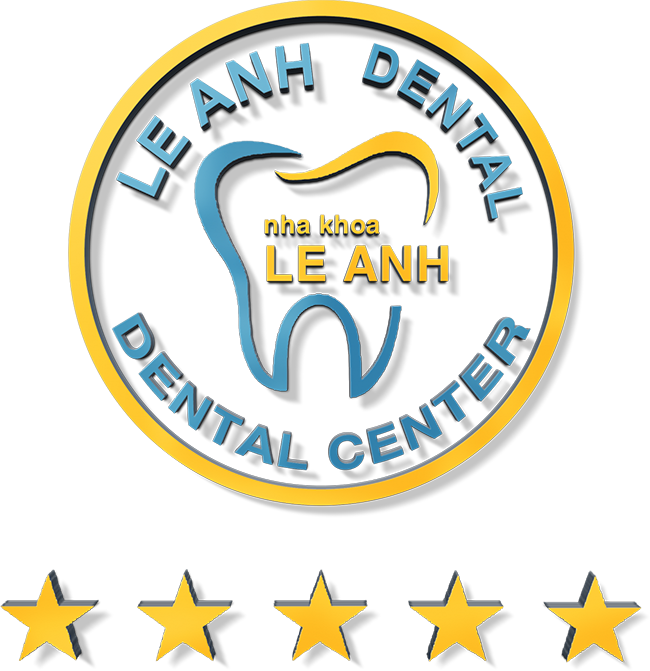Wisdom teeth are the third molars and they typically emerge last on the dental arch. Normally, wisdom teeth begin to grow during the late teenage years, between the ages of 17 and 25, although some individuals may experience delayed growth depending on their genetic factors. When wisdom teeth start to erupt, there are noticeable and easily recognizable symptoms such as redness, soreness in the inner gums, accompanied by conditions like fever, headache, loss of appetite, and bad breath….
So, what are the consequences of wisdom teeth, and what should be noted before and after wisdom tooth extraction? Let’s find out in the following article from Le Anh Dental Center!
1. Consequences of wisdom teeth
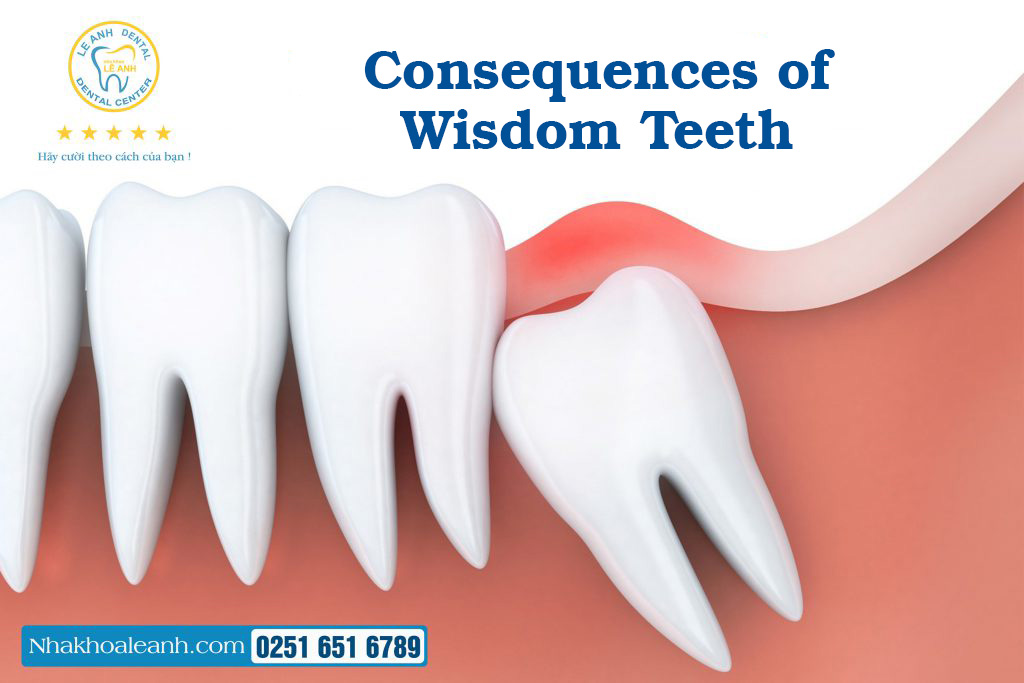
Wisdom teeth typically do not serve any functional or aesthetic purposes. Due to their late eruption and the process of their growth, they can only start protruding from the gums when they have fully developed roots. Many cases of poorly positioned or misaligned wisdom teeth tend to impinge on the adjacent tooth, causing food impaction, prolonged pain and discomfort, and a risk of damaging the adjacent tooth (tooth number 7).
Therefore, extracting wisdom teeth is recommended by dentists to prevent complications caused by wisdom teeth that can affect oral health.
2. Potential issues after wisdom tooth extraction
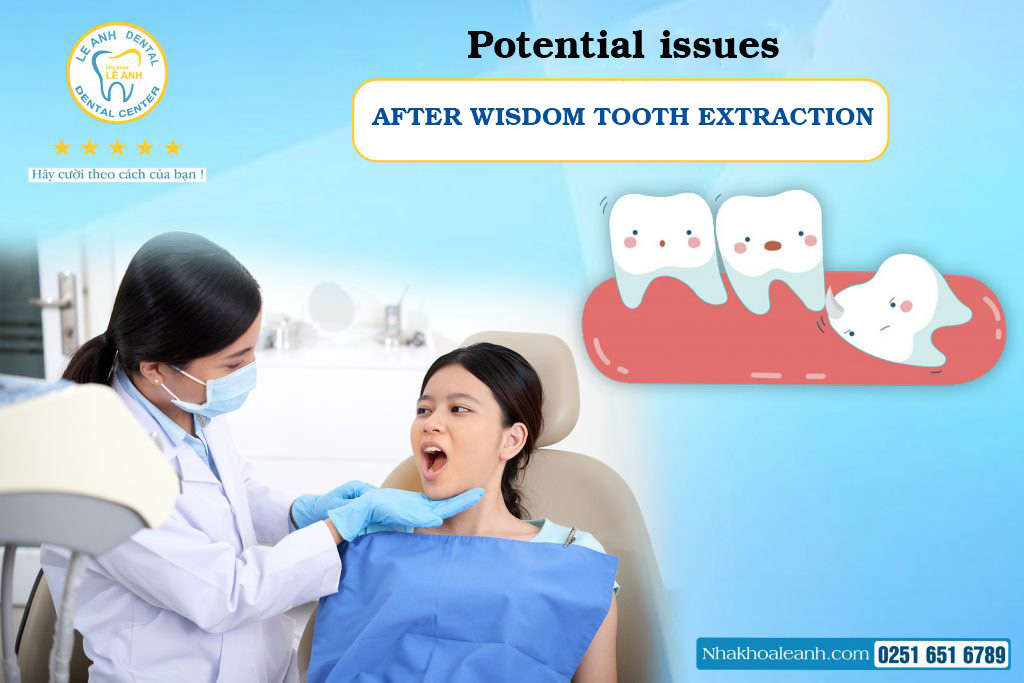
After wisdom tooth extraction, depending on each individual’s condition, there may be some potential issues, including:
- Swelling: Swelling is a common sign that can occur immediately after wisdom tooth extraction. The level of swelling varies from person to person. Swelling usually occurs in the first day after the extraction and gradually reduces thereafter.
- Bleeding: Bleeding is a common occurrence that will gradually decrease and stop completely. Patients should bite down on a gauze pad placed on the extraction site for 30 minutes to control bleeding. In the first one to two days after the extraction, there may be some light pinkish bleeding in saliva.
- Pain: After the anesthesia wears off, the level of pain experienced by each patient depends on the position and eruption pattern of the wisdom tooth, as well as individual pain tolerance. Typically, the pain will decrease over the course of three days after the extraction.
- Fever: Some patients may experience a mild fever on the first day after the extraction, depending on their individual condition. However, this is a normal body reaction and not an infection. The fever typically subsides after the second day.
3. Precautions before and after wisdom tooth extraction
The following precautions before and after wisdom tooth extraction will help patients prepare and actively care for their oral health during the extraction process.
Before the extraction:
- Choose a reputable dental clinic: Selecting a reliable dental clinic is the first and most important consideration before undergoing wisdom tooth extraction. Patients should choose a trustworthy and high-quality dental clinic with experienced dentists who have extensive expertise and access to modern equipment. This ensures that the extraction process is safe, quick, painless, and free from complications.
- Undergo a thorough examination: It is recommended to undergo a comprehensive examination, including X-rays and CT scans, to assess the eruption status of the wisdom teeth and plan the most appropriate treatment for each patient. Additionally, patients should provide clear information about any systemic diseases or medications they are currently taking to the dentist.
- Avoid stimulants: During the examination and treatment planning, dentists usually advise patients to avoid stimulants such as alcohol, beer, and tobacco, as they can increase bleeding and make it difficult to control. Especially on the evening before the extraction, patients should rest, sleep early, and ensure they are in good health for the surgical procedure.
- Prepare mentally: Patients should not overly worry about the wisdom tooth extraction. Instead, they should prepare themselves mentally for the procedure. Patients under 18 or over 60 years old should have a family member accompany them.
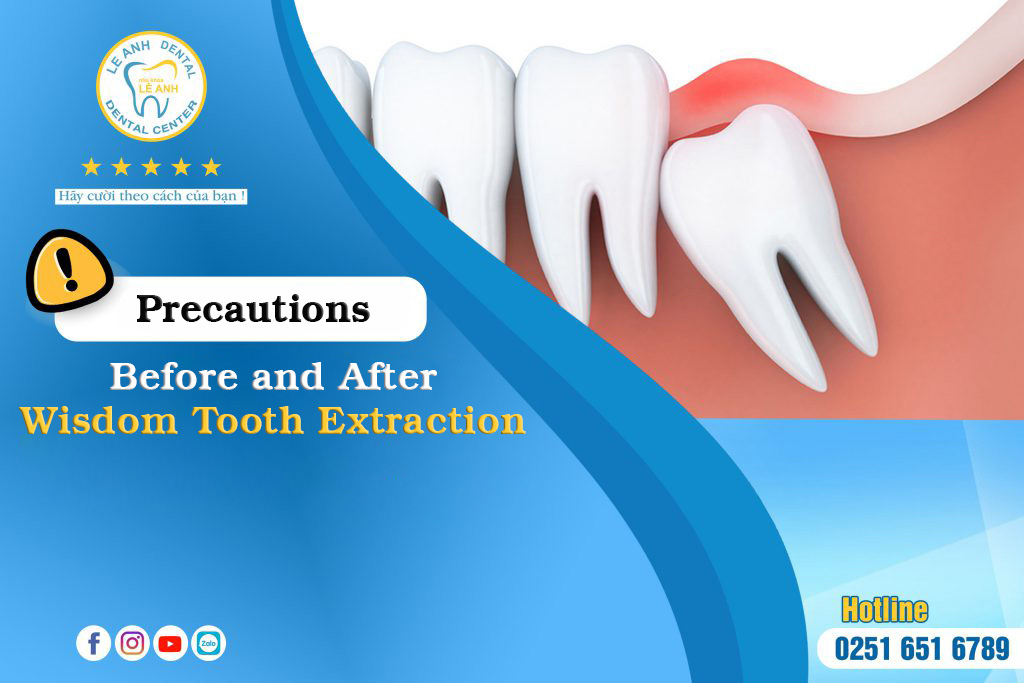
After wisdom tooth extraction:
- Bite down on a gauze pad for approximately 30 minutes to control bleeding and rest in place for at least 2 hours following the wisdom tooth surgery.
- On the first day after the extraction, avoid vigorous rinsing, spitting, or using mouthwash. Do not touch, push your tongue against, or poke the extraction site with sharp objects.
- Avoid using saltwater mouth rinse during the first week. Refrain from touching the area, pushing your tongue against it, or using sharp objects to poke the extraction socket.
- Take medications as prescribed, following the instructions given by the dentist. Do not use stimulants during the medication period.
- After wisdom tooth extraction, avoid eating spicy, hot, hard, or chewy foods. Instead, opt for cool, soft, and liquid foods to minimize chewing and prevent irritation to the extraction site.
- Get plenty of rest, avoid strenuous activities, limit talking, and avoid staying up late.
- Gently brush your teeth 2-3 times a day, avoiding the extraction site, and use dental floss at least once a day.
- Apply a cold compress to the outside of your cheek if swelling occurs.
- Schedule regular check-ups every 6 months.
At Le Anh Dental Center, we utilize ultrasound Piezotome technology for efficient, safe, painless wisdom tooth extraction, reducing the risk of complications and accelerating the healing process through tissue regeneration stimulation. Within a few days, clients can resume normal eating and chewing. If you experience any signs or symptoms related to your wisdom teeth, please contact us immediately via Hotline: 0251 651 6789 – 0762 79 09 09 to receive advice from our specialized doctors.

Le Anh Dental Clinic – Implant Center – Orthodontics – Aesthetic Porcelain Teeth
Or Inbox: m.me/leanh.dental.clinic
Address: 846 Khu 8, Tan Phu Town, Dong Nai Province
Hotline: 0251.651.6789 – 0762.79.09.09
https://www.facebook.com/leanh.dental.clinic
